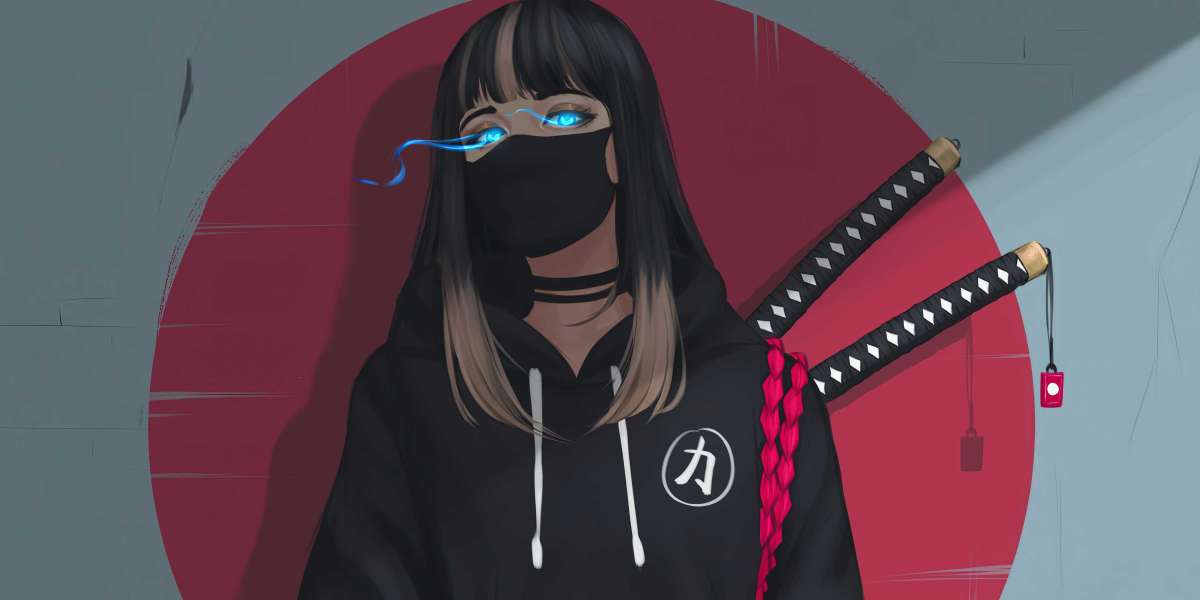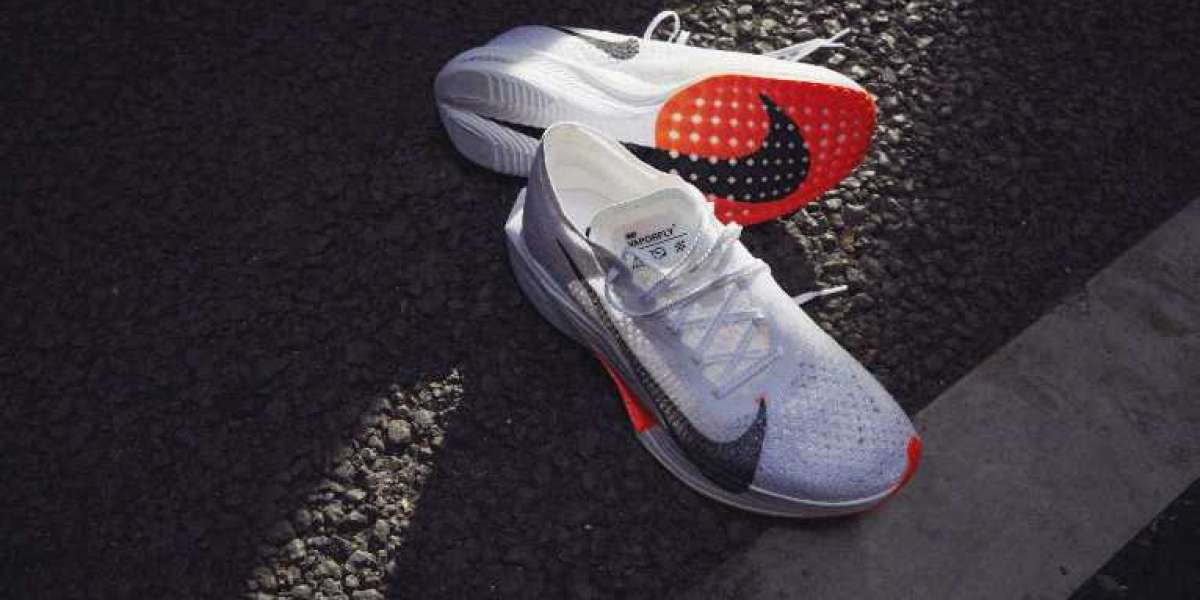In the summer of 1968, the world's attention turned to Mexico City, where the Olympics were about to begin. Anticipation filled the air as athletes gathered from around the globe. However, what began as a celebration of athletic excellence would soon become a symbol of global unrest and a catalyst for change.
The 1968 Olympic Games took place against the backdrop of a tumultuous year that saw political and social revolutions sweeping across the world. From the civil rights movement in the United States to student protests in Europe, the world was in a state of profound change. It was within this context that the Olympics would play a crucial role in shaping a transformative year.
On October 2, just ten days before the opening ceremony, a shocking and tragic event unfolded in the Mexican capital. Thousands of students had gathered in Tlatelolco Square to peacefully protest against the government's oppressive regime and demand social reforms. However, as tensions escalated, the authorities resorted to a violent crackdown. Gunshots rang out, tear gas filled the air, and chaos ensued. The exact number of casualties remains disputed, with estimates ranging from hundreds to thousands of student activists killed or injured.
The Tlatelolco Massacre, as it became known, sent shockwaves through Mexico and reverberated around the world. The Mexican government, eager to present a harmonious and unified image during the upcoming Olympics, attempted to suppress news of the massacre. However, the international media managed to expose the brutal reality, prompting global outrage and calls for justice to be served.
As the Games commenced, athletes found themselves faced with a profound dilemma. Should they compete as if nothing had happened, or should they take a stand against the injustices that had unfolded? This question of whether to use their platform for political expression became a central theme, and tensions rose as athletes grappled with their responsibility to both their sport and their beliefs.
Amidst this charged atmosphere, one moment remains etched in history. During the medal ceremony for the men's 200-meter sprint, African-American athletes Tommie Smith and John Carlos took to the podium sporting black gloves and raising their fists in a Black Power salute. This powerful act of protest against racial discrimination attracted both admiration and condemnation, but ultimately sparked a global conversation about the intersection of sports and social justice.
The 1968 Olympics will forever be remembered as a pivotal moment in history, where sport and politics collided to expose the deep-seated tensions of the time. Through the Tlatelolco Massacre and the Black Power salute, the world was reminded of the power and influence that athletes hold. This event sparked a transformation in the way we view sports, as it became increasingly clear that athletic events can no longer exist in a vacuum, but rather as a reflection of the society in which they take place. The legacy of the 1968 Olympics serves as a reminder that even on the grandest stage, the pursuit of excellence can coexist with the pursuit of a better, fairer world.



